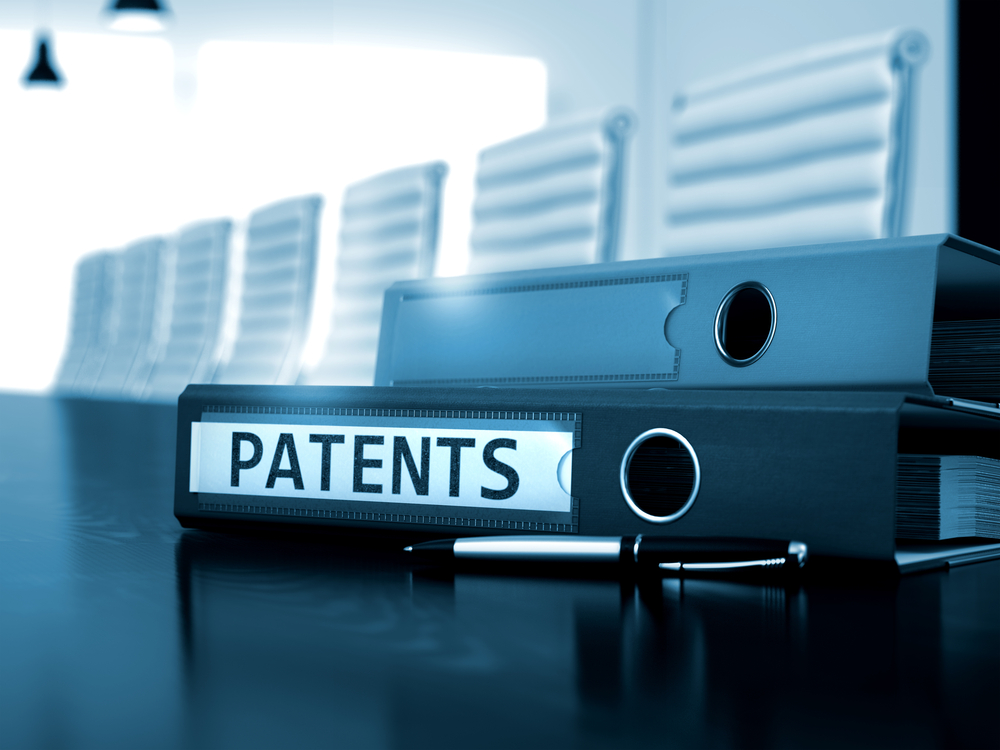uniQure Granted US Patent to Use FIX-Padua for Hemophilia B Gene Therapy

The U.S. Patent and Trademark Office has granted uniQure a third patent covering the formulation and use of the company’s factor IX Padua gene therapy for the treatment of hemophilia and other bleeding disorders.
The new patent (10,465,180) will broaden uniQure’s exclusivity rights over the FIX-Padua encoding gene, as well as its regulatory coding sequences, delivered through any adeno-associated viral (AAV) vector.
“uniQure continues to build a significant intellectual property portfolio, including its FIX-Padua patents,” David Cerveny, chief legal officer at uniQure, said in a news release. “We believe this patent strengthens our intellectual property portfolio and adds further protection to the use of the FIX-Padua in AAV gene therapy to treat hemophilia B.”
The company is currently developing AMT-061 — also known as etranacogene dezaparvovec — as a potential gene therapy to provide durable and curative benefits to nearly all patients with hemophilia B. AMT-061 carries the Padua variant of factor IX (FIX).
Hemophilia B is caused by a lack of functional FIX, and its current standard of care involves frequent administration of synthetic versions of FIX via injection.
This novel therapeutic approach consists of a safe and commonly used AAV-based delivery system that will carry the patent-protected Padua variant of factor IX (or FIX-Padua), which occurs naturally in some human populations.
The FIX-Padua gene version was shown to lead to FIX activity that was approximately eight to nine times higher than the standard FIX gene version.
AMT-061 has received breakthrough therapy status from the U.S. Food and Drug Administration, and priority medicines (PRIME) designation from the European Medicines Agency.
Preliminary results from an ongoing Phase 2b clinical study (NCT03489291) demonstrated that a single administration of AMT-061 into patients could effectively induce a sustained production of FIX, reaching up to 57% of normal clotting factor activity. This result exceeds the levels considered to be sufficient to eliminate or significantly reduce the risk of bleeding events in patients with hemophilia B, according to the company.
uniQure is currently exploring the safety and efficacy of AMT-061 as a treatment for patients with moderate to severe hemophilia B in the pivotal HOPE-B Phase 3 trial (NCT03569891).
The company announced in early September that the trial had reached its target number of participants ahead of schedule. First results of the trial are expected to be released in early 2020, with the trial completed by 2024.
uniQure is also currently developing a potential one-time gene therapy — called AMT-180 — for the treatment of hemophilia A patients, regardless of whether they are positive for factor VIII (FVIII) blocking antibodies.
Hemophilia A is caused by missing or defective FVIII, and about 30% of patients with severe hemophilia A develop inhibitors that neutralize the activity of currently available FVIII synthetic versions.
AMT-180 delivers a new version of the FIX gene, named Super9, by using an AAV viral vector, and is able to bypass the effects of FVIII inhibitors.
Preclinical studies in mice and non-human primates have demonstrated that AMT-180 could induce durable blood clotting factor production and enhanced activity.






